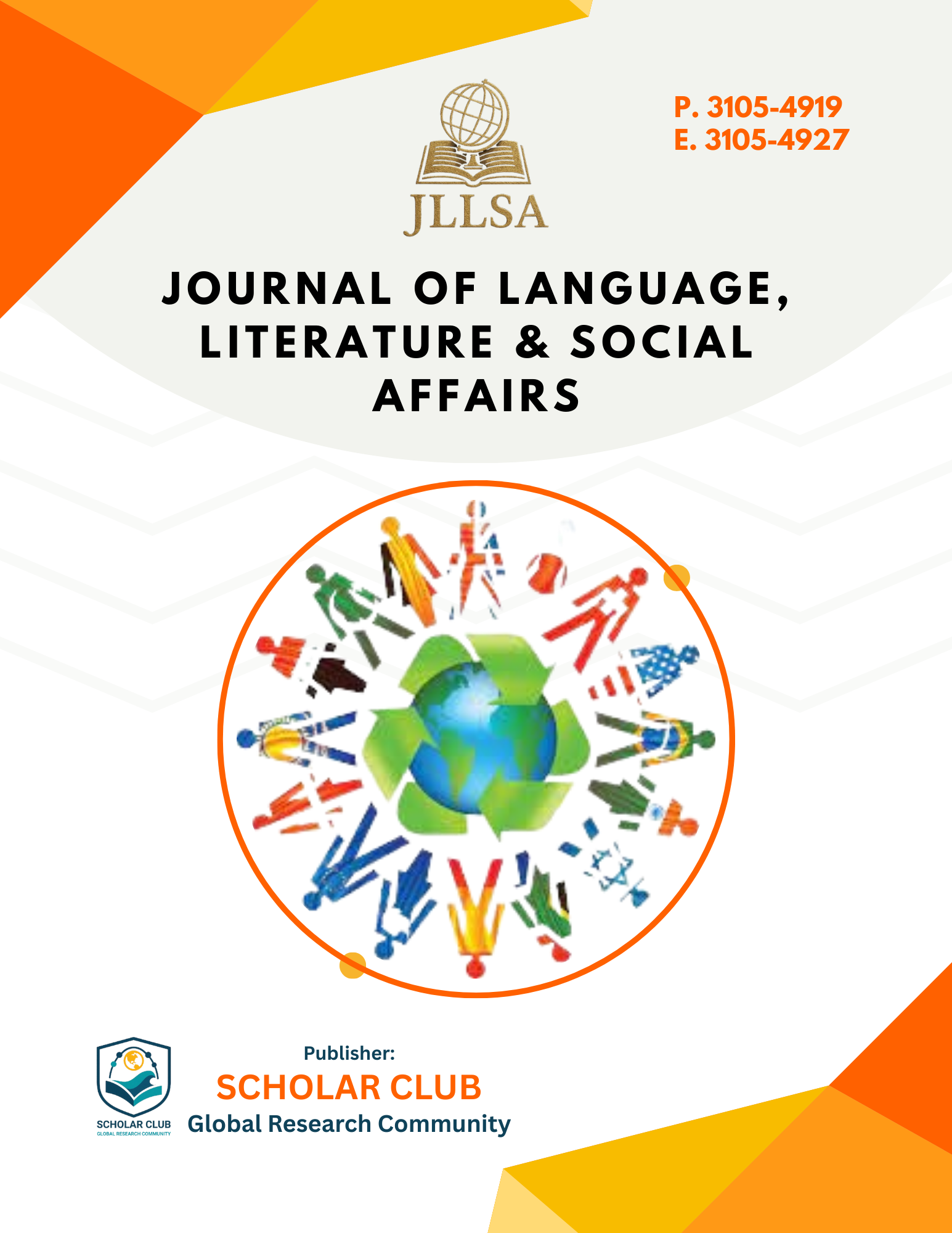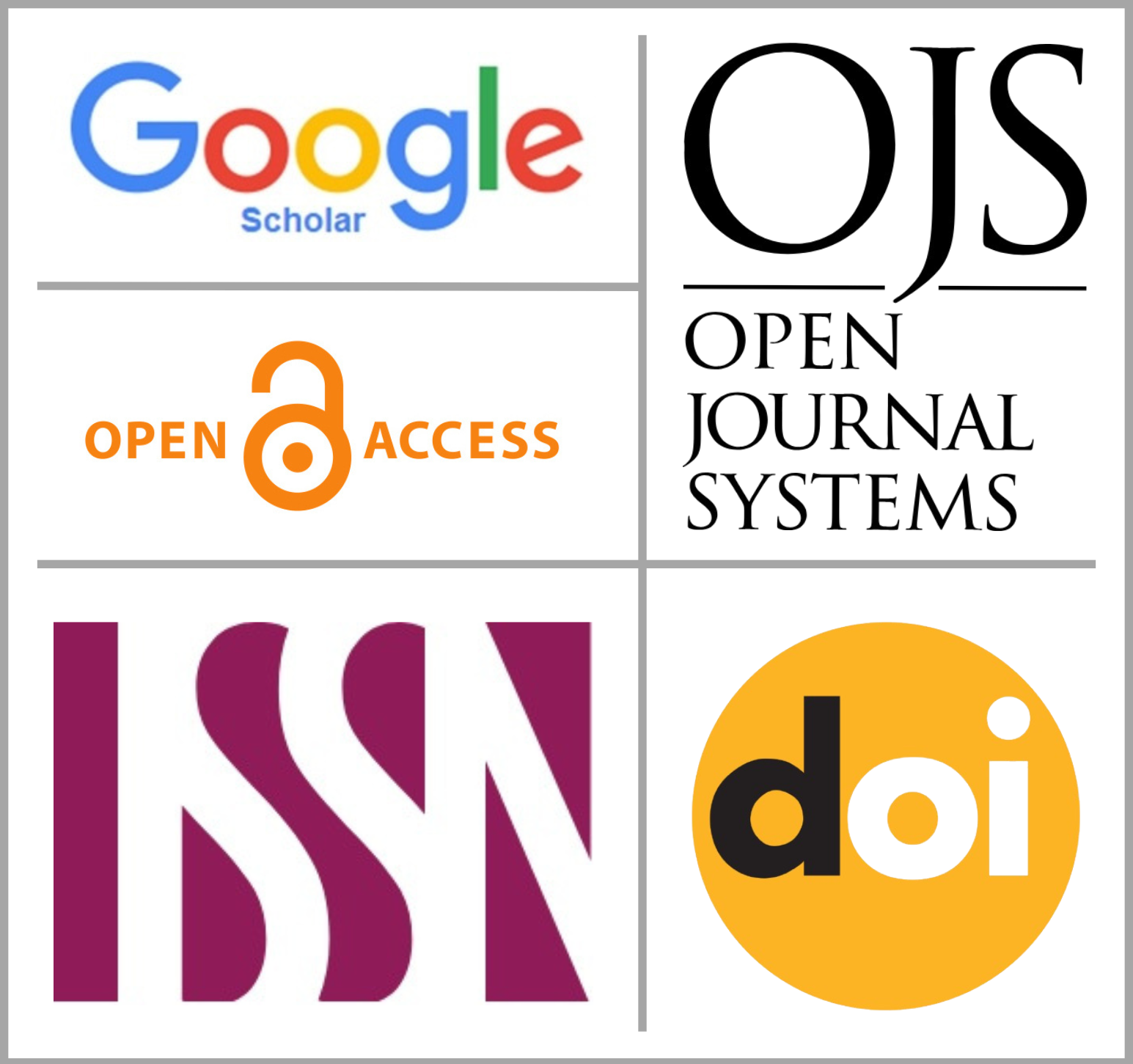The Influence of Mother Tongue on Second Language Learning: A Study of Pashto-Speaking English Language Learners
Keywords:
language transfer, acoustic patterns, grammatical transfer, second language acquisitionAbstract
This research investigates the influence of Pashto as a mother tongue on the acquisition of English as a second language among Pashto-speaking learners. A wide-scale investigation of several dimensions across phonology grammar and lexicon demonstrates both inhibiting and facilitating elements in Pashto native speakers acquiring English. Phonological investigations at the initial level focus on listening patterns in Pashto that affect speakers' pronunciation of English. Grammatical transfer in English language learning focuses on tracing Pashto language structures that influence learners' construction of English statements. This research investigates how Pashto vocabulary functions as an educational resource to support English learning while also investigating its potential as linguistic obstacles which block effective English mastery. This research combines mixed methods for investigation through the use of qualitative and quantitative data collection practices to analyze linguistic phenomena thoroughly. Research outcomes will enable educational practitioners to create specific teaching strategies for Pashto speakers learning English by identifying specific linguistic intersections and patterns. A main purpose of this examination tries to advance comprehension of system learning procedures which generate cross-linguistic influence effects. The research outcomes create a valuable starting point for delivering practical support to educators and linguists and curriculum developers who work in multilingual learner language instruction.
Downloads
Published
How to Cite
Issue
Section
License
Copyright (c) 2025 Muskan Ali, Sara Khan Safi, Iram Naveed

This work is licensed under a Creative Commons Attribution 4.0 International License.







